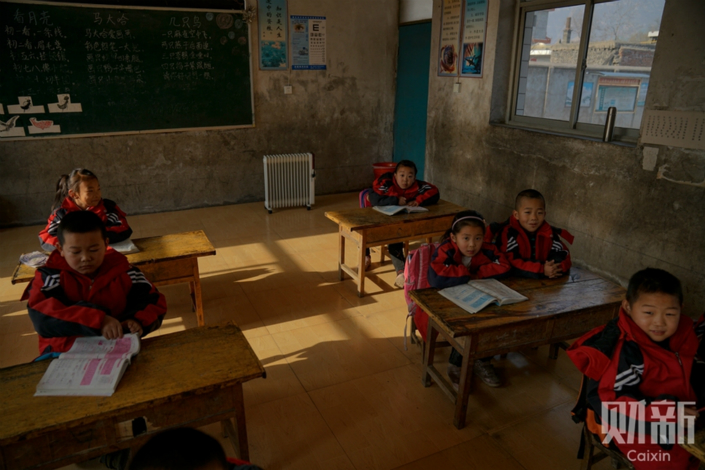Thousands in Rural China Secretly Burn Coal as Gas Prices Soar

(Linfen, Shanxi province) – Families in the heart of China's coal belt are secretly burning tree branches and coal briskets to keep warm this winter, after a government campaign to install gas heating failed to meet deadlines.
A spike in the price of natural gas and supply shortages have added to their woes, making it impractical for rural households and businesses to switch to the cleaner fuel.








